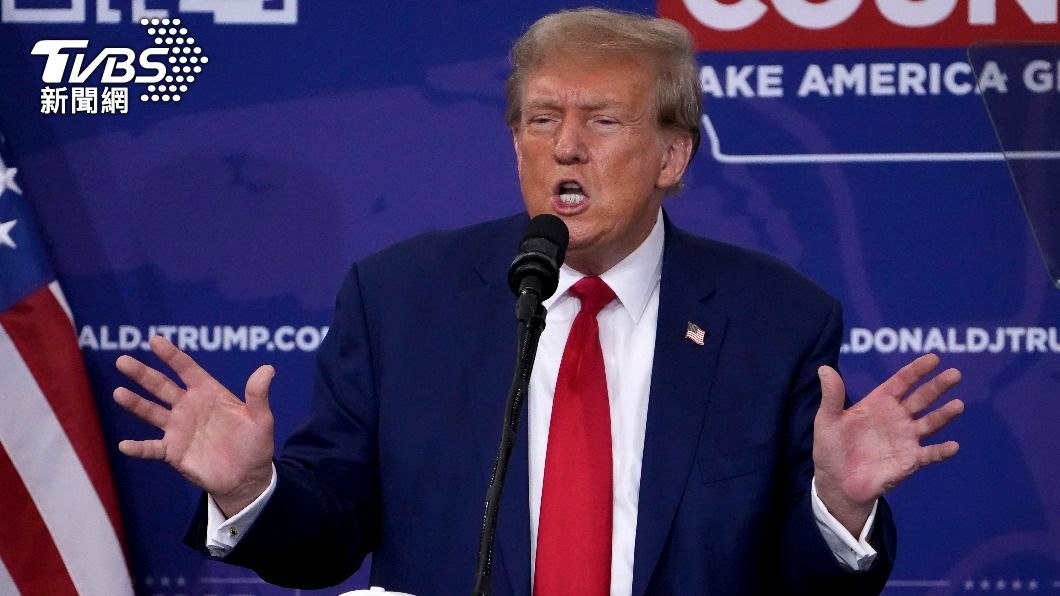TAIPEI (TVBS News) — Former U.S. President Donald Trump announced on Saturday (Nov. 18) his intention to revoke the Indo-Pacific Economic Framework (IPEF), initiated by President Joe Biden, should he win the 2024 presidential election.
During a speech in Iowa, Trump argued that the IPEF might weaken American manufacturing and increase unemployment. His stance echoes his decision to withdraw the U.S. from the Trans-Pacific Partnership (TPP) in January 2017, citing similar concerns about its effect on American industry.
The Biden administration began negotiations for the IPEF in September 2022, focusing on major southern powers, including India and Indonesia. The objective is to bolster economic cooperation in the Indo-Pacific region and counter China's influence.
The IPEF, which includes members such as Australia, Singapore, Japan, and 10 other Indo-Pacific countries, represents approximately 40% of the global gross domestic product. Its priorities include fostering fair and resilient trade, enhancing supply chain resilience, and promoting clean energy initiatives.
Following the conclusion of the IPEF ministerial meeting on Nov. 15, Taiwan's chief trade negotiator John Deng indicated that Taiwan would continue to follow the IPEF's developments closely and, at an opportune moment, propose Taiwan's inclusion.
In February, during a meeting with Paul Wolfowitz, chairman emeritus of the U.S.-Taiwan Business Council, President Tsai Ing-wen also voiced Taiwan's interest in joining the IPEF. She emphasized the potential for increased business opportunities between Taiwanese and U.S. companies.



